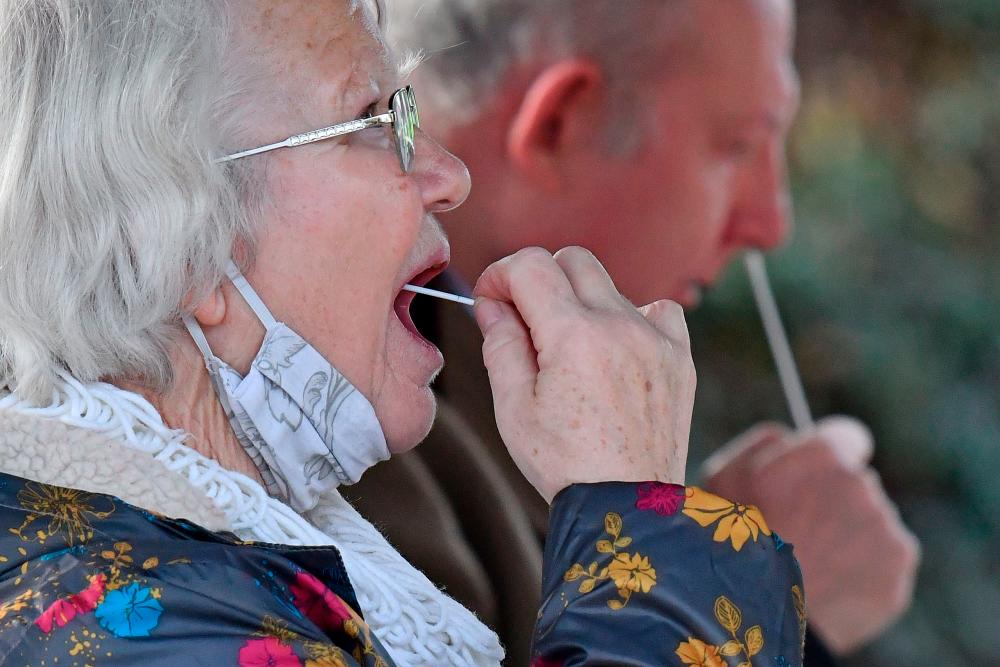PETALING JAYA: China’s reported use of anal swabs to detect the presence of coronavirus has been given the thumbs-down by Malaysian medical experts.
Virologist Prof Dr Sandy Loh of University of Nottingham Malaysia believes this method should not be recommended in Malaysia for various reasons.
“Covid-19 is a respiratory disease and nasal and throat swabs are reasonably preferred as the first line of detection. Nasal and throat swabs are recognised by World Health Organisation as being convenient as it can be carried out in public places using less capital at the sample collection site. Its accuracy has been well accepted.
“The anal swab method is controversial as it may promote discomfort and shame. The swab would have to be carried out privately, making it time-consuming,” she said.
She pointed out that this approach would increase overall costs in terms of providing a specific private space for sample collection and additional manpower.
“I do not disagree that there have been reports that the coronavirus survives for a longer period of time in the digestive tract or excrement compared with the respiratory tract. However, more research needs to be done to confirm this statement. From the research we currently have, at a certain extent, it is found that anal swabs can detect asymptomatic or mildly symptomatic cases more readily.”
Loh noted that overall, this new method is not convenient as it causes embarrassment and may not be accepted by the public.
“The introduction of this method may cause people to become reluctant to take the Covid-19 tests and may jeopardise the government’s efforts to combat the pandemic.
“On a side note, anal sampling will have more contaminants as compared to nasal or throat swabs, which might interfere with the test results as well. Processing of anal samples may need to be (separated) for the test carried out in the lab and should not be treated the same as with nasal and throat samples.”
Malaysian Medical Association president Professor Datuk Dr Subramaniam Muniandy said more studies need to be carried out to confirm if anal swabs would yield significantly better results than nasal swabs.
“If the difference is minimal, then the added need for privacy, the additional time taken and the indignity felt by patients might be difficult to justify,” he said.
However, he added that this method could probably be an option for infants and may prove to be useful.
It was reported that China officials had taken anal swabs from residents of neighbourhoods in Beijing with confirmed Covid-19 cases, while those in designated quarantine facilities have also undergone the test.
It was also reported that the new method was so far used on selected groups, mainly those in the high-risk category.
Forbes, a global media company, reported that those subjected to this new method included passengers arriving in Beijing and a group of more than 1,000 schoolchildren and teachers who were thought to have been exposed to the virus.















